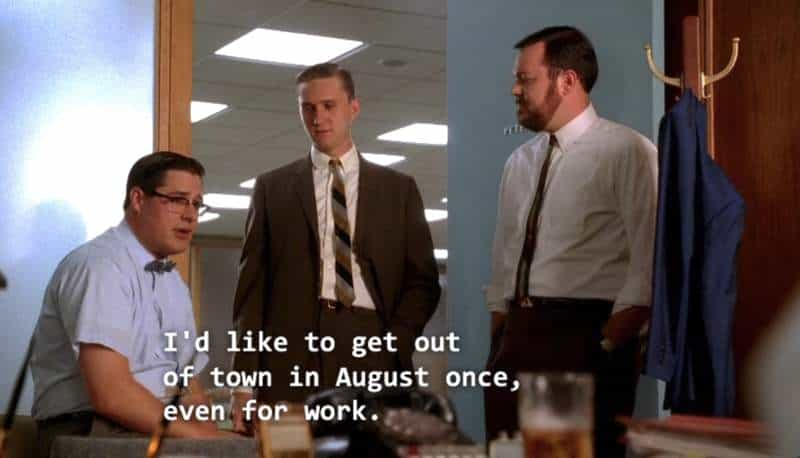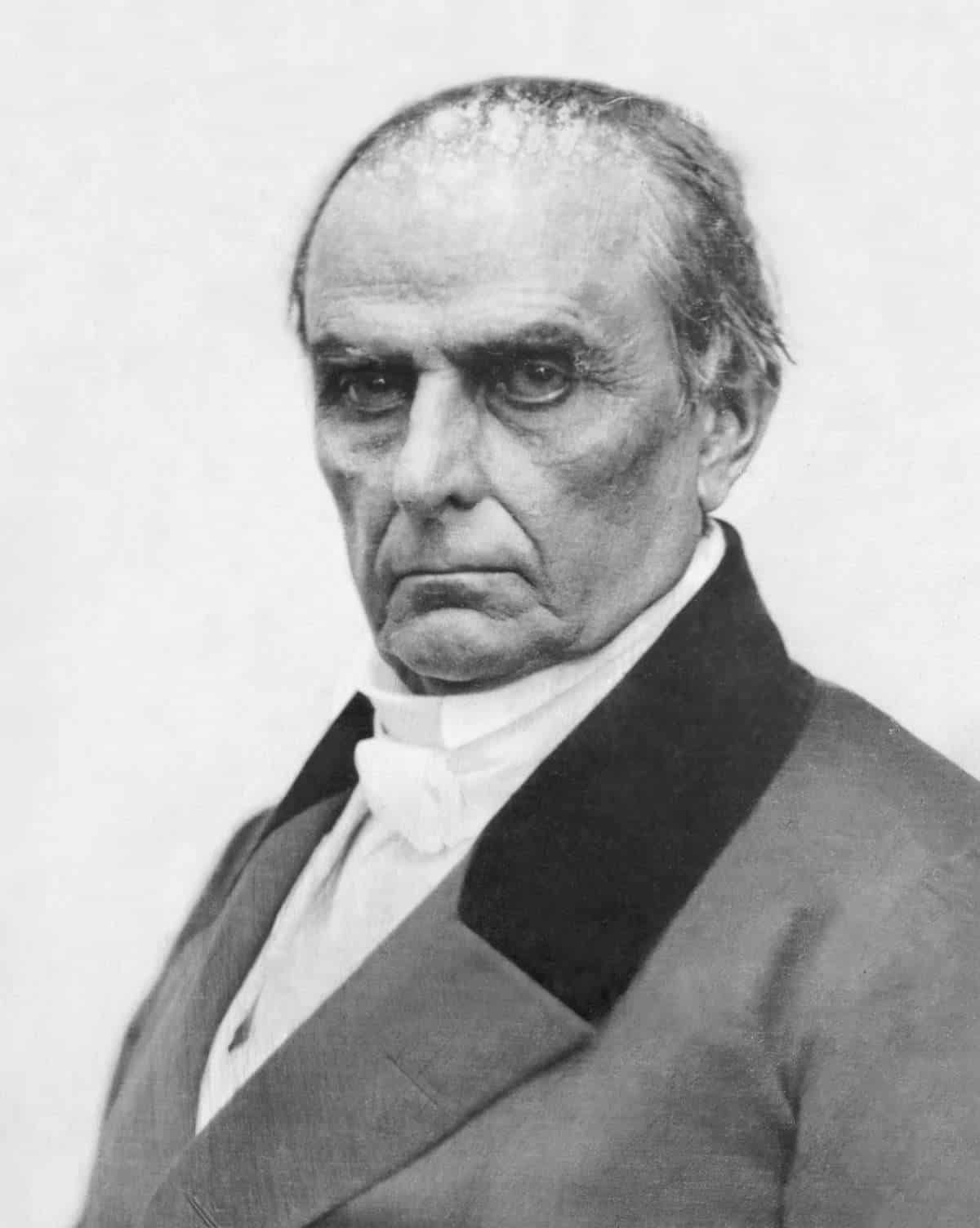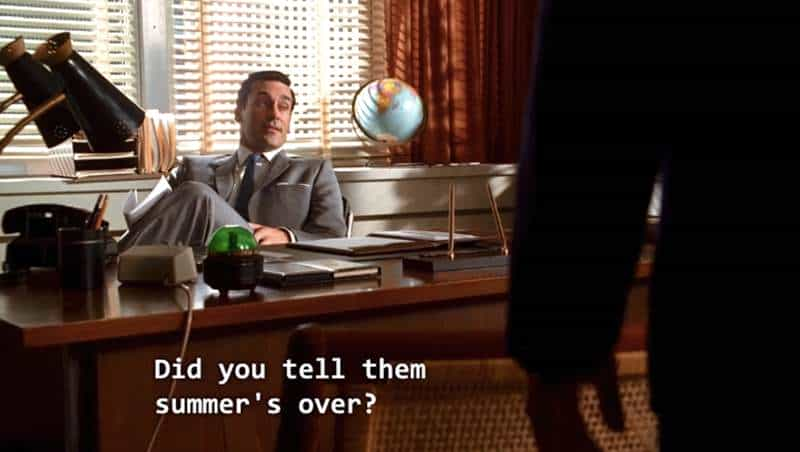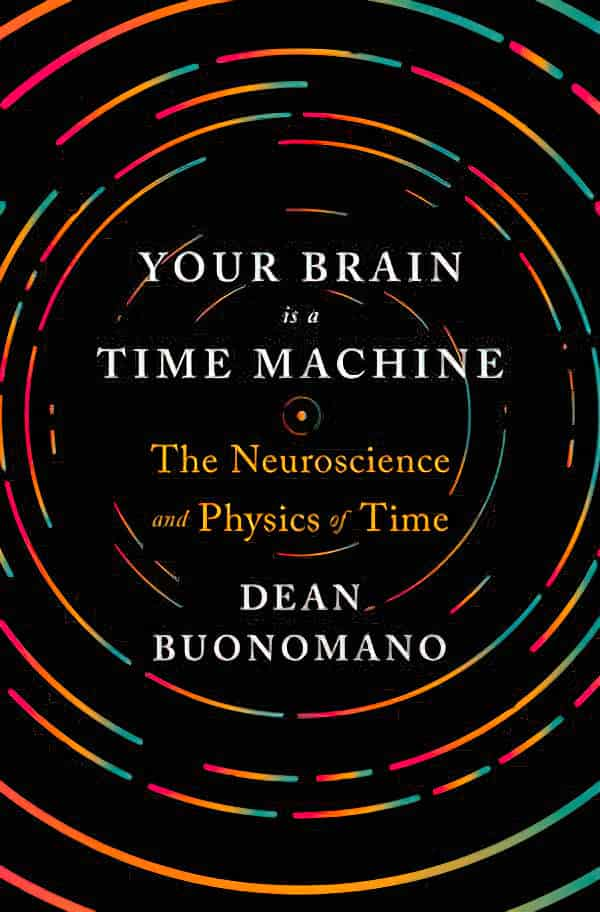“The Summer People” is one of Shirley Jackson’s short stories about marginalised folk. In this instance, the main characters are marginalised because they are summer tourists from New York City. They are also becoming old, and therefore dispensable. Jackson speeds up usual clock time—or dispenses with linear time altogether—and depicts two lives ending not with a bang, but with a gradual descent into the changing landscape of winter.
POST-READING QUESTIONS
- On the first page, Shirley Jackson describes the Allisons’ summer house, with extra attention on the backhouse (outside toilet). What information about the Allisons themselves is she conveying by describing the backhouse?
- Why is it significant that the summer house has no heating and no running water?
- How do the Allisons feel about their regular lives in New York City?
- How does Shirley Jackson show readers that the locals don’t trust summer people?
- Mrs Allison is an astute person in some ways. But she also misses some social cues. What does the reader understand about locals and local life that Mrs Allison does not?
- How does Shirley Jackson create a setting where The Allisons are all alone, even though the town is populated with people?
- The mood changes the day after the shopping trip. How does Shirley Jackson depict the change?
- After the car won’t start, time speeds up but also slows down. How does Jackson show this?
WHAT HAPPENS IN “THE SUMMER PEOPLE”
Mr and Mrs Allison, who live in New York City, have been spending the last 17 years at their simple, rustic summer house near a lake somewhere in New England —a beautiful part of the world by all accounts, the setting of Gilmore girls (Stars Hollow, Connecticut), but also a favourite setting of Stephen King (Maine). New England is also where you find some dark history such as the Salem Witch Trials (Massachusetts). Shirley Jackson herself lived in Vermont. (The best place for horror is in a beautiful, utopian setting, right?)
In Shirley Jackson’s “The Summer People,” the Allisons’ children are both grown and moved to Chicago to raise their own families. Now it’s just the two of them, enjoying their twilight years. They spend most of their year in their New York City apartment, and very much look forward to spending summer at the lake. The prospect of summer at the lake gets them through the harsh New York winters.

Although they have become creatures of habit, this year they decide to stay on at the summer house rather than return to their uneventful, regular lives in the city for fall.
But when they run this plan past the local grocer, Mr Babcock, they are told no one ever stays at the lake after summer ends. He, himself, would hate to leave the area, but summer people always leave. The subtext is clear: The Allisons aren’t welcome after summer. Summer people may be necessary to the economy, but wintering over is for the locals—the true owners of the place.
You often get this in tourist towns. Tourists are necessary evil—necessary for the economy. But locals breathe a sigh of relief when they evacuate.

The Allisons tell Mr Babcock that New York City is horribly hot at the end of summer, though until now they’ve been telling him only good things about the city. This illuminates a gap between how they describe New York to others and how they experience it themselves. NYC is a glamorous place, built for young, able-bodied people, and it no doubt served the couple well, once. But now, even New York City wants to get rid of them. There’s nothing there for them now. Their same age friends have either left the city or died.
HORROR CHARACTERS AS AUTOMATA
Mrs Allison has noticed an irritating tick of the lake town locals: repeating what you’ve just said, but with a downgrade, making you seem trite. Jackson has chosen a perfect, subtle example of an unwelcoming microaggression, one which also draws a cultural distinction between summer people and locals, and which has the added effect of creating a mechanical, automaton effect, common in horror.
This creates a lonely, solipsistic vibe, typical of psychological horror. Main characters feel everyone else around them is a robot. Robots, or automatons, or ghosts or whatever, are basically psychopaths. When main characters run into difficulty (which they will), there’s no one around to help them, even if the setting is populated by many people. (Shirley Jackson’s “Paranoia” is a classic example of that variety of horror. A man is being stalked home in the city, but no one in the crowd is available to help him out. There’s no loneliness like the loneliness of being in a crowd.)

WE START TO WORRY FOR THE ALLISONS
Undeterred by Mr Babcock’s lack of enthusiasm regarding their extended summer plans at the lake, Mr and Mrs Allison continue to stock up winter supplies in town, which is a trip they only make every two weeks. We can deduce their summer house is a fair distance from civilisation.
Will the road become impassable? Does something supernatural happen in winter? Is Mr Babcock some kind of cult leader…?
THE SIGNIFICANCE OF THE OVENWARE
Mrs Allison is a little scathing of the locals, a little condescending, though Shirley Jackson is about to show us she’s not exactly wrong. When Mrs Allison spots some glassware oven dishes, she feels they’ve been ordered to the supply store just for her. Surely the locals wouldn’t use such new-fandangled items—they only just switched to aluminium from cast iron, since they distrust anything new. The reader can extrapolate—though Mrs Allison does not—that this distrust of anything new extends to new people, even to people who’ve summered there for seventeen years, and by rights should not be considered ‘new’.
Mrs Allison fails to connect those dots because she would not consider herself a tourist. To her, seventeen years is a long time. To locals, who Jackson links symbolically to The Iron Age, seventeen years of summers counts for nothing. It is a truism of communities that whoever arrives after yourself is forever ‘new’. (By Native American standards, white colonists are also ‘new’.)
HORROR IMAGERY COUCHED AS LOCAL HISTORY
Jackson writes in something between omniscient and close-third person point of view (attached to Mrs Allison). Mrs Allison may or may not know the history of why the shop is called Johnson’s even though it’s run by two brothers called Walpole. This may just be the omniscient narrator conveying that information to us. Either way, we are told a previous establishment burned down.
Whereas Mrs Allison would surely consider this colourful local history, and her knowing it evidence of her being sufficiently and legitimately local, for readers (who expect something bad to happen), the parenthetical side-mention of a razed building serves as nicely positioned horror imagery.
The Walpole brothers are very old. Rather than telling us one of them is arthritic, Jackson describes Charley Walpole’s difficulty separating sheets of wrapping paper. Also in the shop: A creepy old woman. Well, we can deduce she’s creepy because Mrs Allison figures she must be Mr Babcock’s aunt.
Charley Walpole himself has an automaton quality about him even though he is perfectly amiable: His age and willingness to do a good job before accepting pay means he takes an age to wrap and sell the goods. He cannot be hurried; cannot be interrupted.
This is fate playing out at the level of the individual. Note that the narrator has previously described The Allisons as old enough to not be embarrassed by their routine. Charley Walpole is an exaggerated, more advanced version of an old man whose life is so routinized that he could not change things up even if he wanted to. Like someone robotic, pre-programmed.
Mrs Martin has already heard The Allisons are staying on, which serves as a clue into the mechanical workings of this small town, where information travels between nodes and set routes.
Mr Hall is introduced as The Allisons’ nearest neighbour. We now know the nearest neighbour lives three miles away and, without him, The Allisons would not be supplied with the basic necessities of mid-century cooking: milk and eggs.
THE MOOD CHANGES
The day of shopping was pleasant, filled with brief interactions with pleasant, stolid, dependable people, by Mrs Allison’s assessment. But the following day:
- There’s a chip in the glass bowl they purchased from the Walpoles
- There’s no mail from their adult children
- Gray and blue lights on the lake as clouds move across the sun (pathetic fallacy)
- The kerosene man can’t supply them with oil and refuses to order more in. This man is the epitome of ‘creature of habit’. He wasn’t expecting anyone to stay on and insists it’s impossible to source oil after summer. (Jackson’s contemporary readers would have been familiar with war rationing.)
Now we start to worry for The Allisons.

MESSING WITH TIME
The irony of our experience of time: When we are busy, filling our lives with novel experiences, time seems to fly, but in hindsight it seems time was long. This is due to the new experiences.
When we are set in our routine (for example, we are getting older and having fewer novel experiences), time seems to slow down. Only in hindsight does it appear to have flown. This is because days without novelty meld into each other. We cannot recall big events to punctuate and distinguish the days, weeks and months.
For a more detailed explanation of this phenomenon, listen to “Time Is Way Weirder Than You Think” on The Ezra Klein Show. (Or read Your Brain Is A Time Machine by Dean Buonomano.)

“Clock time” runs our lives. We even measure the quality of our lives with reference to time, often lamenting that time seems to “fly by” when we’re having fun and “drags on” when we’re bored or stagnant. We rarely stop to think about time, but that’s precisely because there are few forces more omnipresent in our lives.
“You are the best time machine that has ever been built,” Dean Buonomano writes in his book “Your Brain Is a Time Machine: The Neuroscience and Physics of Time.” Why do we feel it so differently at different points in our lives? What do we miss if we live so rigidly bound to the demands of our clocks and appointments? Why during strange periods like pandemic lockdowns do we feel “lost in time”? And what if — as some physicists believe — the future may already exist, with grave implications for our ability to act meaningfully in the present?
Shirley Jackson didn’t live to be all that old, but must have lived old enough to have noticed this phenomenon because she depicts it here. Mr and Mrs Allison are having both a novel and a routine experience by staying on at their (regular) summer house (but past their usual end point).
When Mr Allison comes back up the hill after checking for mail he is panting with exertion for the first time. This suggests more time has passed than is depicted on the page.
UNCANNY LETTERS
Across numerous stories, Shirley Jackson does all sorts of horror things with letters.
The Allisons’ letter from their son is both familiar and unfamiliar at the same time: unheimlich. Uncanny.
Unheimlich literally means ‘un-home-like’ in German. Remember Mrs Allison said when returning to the lake house from town how it feels good to be ‘home’? This community does not accept the Allisons’ lake house as their home, and now everything is conspiring to convey this reality to the couple who stay long past their use-by date.
Jackson picks up the pacing:
- The phone dies
- Weather turns bad
- Food supplies dwindle
- The elderly couple are unable to light their house without wasting the last of the kerosene
MESSING WITH SPACE
Now Jackson plays with space as she plays with time (one and the same, according to Einstein, and I guess he’d know): The Allisons hear the sounds of New Year (already!) in New York coming across the water. The elderly couple is now officially excluded from their regular lives in New York as they are excluded here. To all intents and purposes, they no longer exist in the world.
This feeling will be familiar to you if you know anyone with dementia: The Allisons assume their phone lines have been cut. This may or may not be true within the world of the story, but this kind of paranoia is a common sign of cognitive decline. It’s also possible that much time has passed and the pair of them neglected to pay for the phone line, having lost track of time themselves, like two elderly people living in a kind of dementia-fuelled folie à deux.
The ‘waiting storm’ is of course death. Although months have passed since Jerry sent the uncanny letter, the pair discuss it as if it just arrived.
As the short story ends, there’s nothing to do but wait.
SEE ALSO
If you enjoyed “The Summer People” I highly recommend the film The Father, starring Olivia Coleman and Anthony Hopkins. This film is an excellent and moving example of how film directors can play with spatial and temporal awareness, mimicking the experience of dementia for the audience. (It’s terrifying.)
